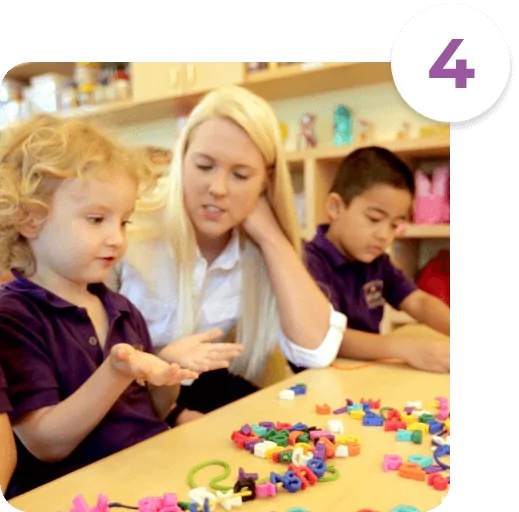
Sensory play is a natural part of early childhood learning. In early years foundation stage (EYFS) settings, children explore different textures, sounds, movements, and materials through hands-on activities. These experiences introduce them to new ideas in a simple and engaging way. Sensory play is included in daily activities to support learning and development in different areas.
Encouraging movement and coordination:
Sensory activities in EYFS Dubai allow children to move their hands and bodies in different ways. Playing with water, sand, or playdough strengthens small muscles in the fingers and hands. These activities prepare children for tasks like holding a pencil or using scissors. Larger movements, such as jumping on different surfaces or balancing on beams, improve body coordination.
Exploring creativity and expression:
Children use their imagination during sensory play. Mixing colors, shaping objects, and listening to different sounds encourage self-expression. Activities like finger painting, playing with textured materials, or exploring scented objects introduce new ways to create. This type of play allows children to make choices and experiment with different ideas.
Developing communication skills:
Sensory play introduces new words and ways of expressing thoughts. Talking about how something feels, smells, or sounds helps children build their vocabulary. Activities like storytelling with textured objects, describing shapes in a sensory bin, or listening to different sounds encourage conversation. These experiences support speech development and confidence in expressing ideas.
Engaging the senses for learning:
Sensory play connects learning to real experiences. Feeling soft fabrics, hearing different musical notes, or tasting different foods allows children to discover new things. This type of play makes learning more interactive, as children explore through touch, sight, sound, taste, and smell. These experiences create stronger connections to what they are learning.
Encouraging focus and calmness:
Some sensory activities provide a calming effect. Running fingers through sand, squeezing a soft toy, or watching water flow can bring a sense of relaxation. Activities like playing with scented dough, tracing patterns in salt trays, or feeling different textures can help children stay engaged in a peaceful way.
Sensory play is included in EYFS learning through different activities that encourage movement, creativity, and communication. Touching, hearing, tasting, and smelling different things allows children to explore their surroundings in an interactive way. These experiences support early learning and create an enjoyable environment for discovery.